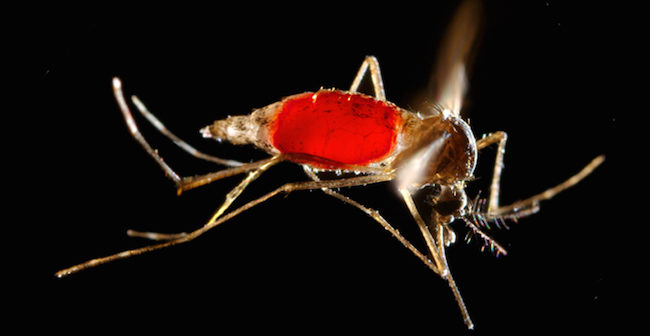U.S. tax dollars will now officially be spent on propaganda to counter the truth about GMOs.
Read Article

U.S. tax dollars will now officially be spent on propaganda to counter the truth about GMOs.
Read Article
In a very positive turn of events, the National Academies of Science has acknowledged serious conflicts of interest in regards to its GMO studies and vows to reform.
Read Article
In favorable news, consumers in China are choosing to avoid GMO-soy oil, the main cooking oil in the country, because of safety concerns. This is a very big development and will create real problems for the government, who is pushing GMOs.
Read Article
An important bill that would hold biotech companies liable for GMO-contamination has survived a critical deadline in Oregon’s state legislature.
Read Article
We suffered a major setback when Oregon’s legislature decided against allowing local governments to create “GMO-free” zones. This sets the stage for even more GMO-contamination.
Read Article
What was once a fight only in the Florida Keys has now shifted to the Lone Star state.
Read Article
Even though 16 EU nations voted against GMOs, it was not enough to stop cultivation of these crops. Now, the decision goes back to the European Commission.
Read Article
The Council of Canadians is demanding that education ministers throughout the country remove videos which promote GMOs, especially since many of the sponsors are pesticide and seed companies.
Read Article
Researchers Tim Schwab and Sheldon Krimsky allege serious and undisclosed conflicts of interest in the National Academy of Sciences report on GMO safety. Is anyone the least bit surprised?
Read Article
GMO ‘Golden Rice’ is again proving to be not the savior that the chemical industry would like us to believe. New data is showing stunted and delayed growth along with a drop in yields. No surprise this crop is having additional problems.
Read Article
Despite stories of how the next American farm bust is upon us, the U.S. is unable to meet demand for organic and Non-GMO grains. I wonder if Washington, D.C. is paying any attention to this.
Read Article
The Max Planck Institute tackles the seldom discussed subject of whether GMO mosquitos can ruin the integrity of organic products.
Read Article
With Mark Bittman, Michael Pollan and other food advocates calling GMO-labeling “parochial”, The Ecologist’s Jonathan Latham takes them to task. And rightly so.
Read Article
As part of the new federal GMO-labeling law, a technological study must be completed by July. However, the USDA is rumored to be having trouble securing funds for the study, potentially putting the new law in jeopardy. If this law does get scrapped, I won’t be shedding a tear. This legislation is a disaster. Read my take on it HERE.
Read Article
In an important vote, the European Union failed to authorize the cultivation of new genetically-modified crops, with the last ones being approved in 1998. However, since the rejection failed to receive a majority of votes, it is now in the hands of the European Commission as to what is next.
Read Article
Farmer and environmental groups have filed a lawsuit against the EPA for approving XtendiMax, also known as Dicamba. Dicamba is already linked to increased rates of cancer and birth defects, and has caused outrage across the country even among non-organic farmers.
Read Article
Unsurprisingly, the USDA’s proposed regulations to evaluate the next generation of GMOs, such as gene-editing and synthetic biology, are just not enough. Many of these risky crops may escape government oversight entirely.
Read Article
Gene-editing technology is now being used on food, and regulatory oversight and mandatory safety studies are practically non-existent, not to mention a lack of labeling. The only good news is that this technology has been banned in organic.
Read Article
Japan is looking to tighten its GMO-labeling laws, which currently have a threshold of 5%. The EU and Non-GMO Project both use a threshold of 0.9%.
Read Article
Hunt’s Tomatoes posted a video proudly advertising that its tomatoes are Non-GMO. Needless to say, the pro-GMO community wasn’t happy about this.
Read Article
Horrible news, but it was inevitable. Cuba will begin its first large-scale planting of genetically-modified soy and corn in the spring of 2017.
Read Article
Is anyone the least bit surprised? As reported in PLOS ONE, French researchers said that 40% of GMO studies contained a financial conflict of interest.
Read Article
It appears no fruit or vegetable will be spared, as the FDA just said that a genetically-engineered pink pineapple is safe to sell.
Read Article
Center for Food Safety and other non-profit groups sue the FDA over the fast-tracked and irresponsible approval of GMO mosquitos in Florida.
Read Article